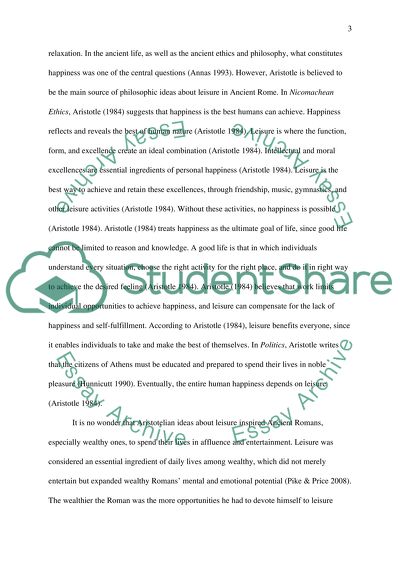Cite this document
(“Philosophy of Leisure in Ancient Rome: Roman Villas as a Retreat from Essay”, n.d.)
Retrieved de https://studentshare.org/philosophy/1431579-leisure-and-the-roman-villa
Retrieved de https://studentshare.org/philosophy/1431579-leisure-and-the-roman-villa
(Philosophy of Leisure in Ancient Rome: Roman Villas As a Retreat from Essay)
https://studentshare.org/philosophy/1431579-leisure-and-the-roman-villa.
https://studentshare.org/philosophy/1431579-leisure-and-the-roman-villa.
“Philosophy of Leisure in Ancient Rome: Roman Villas As a Retreat from Essay”, n.d. https://studentshare.org/philosophy/1431579-leisure-and-the-roman-villa.


